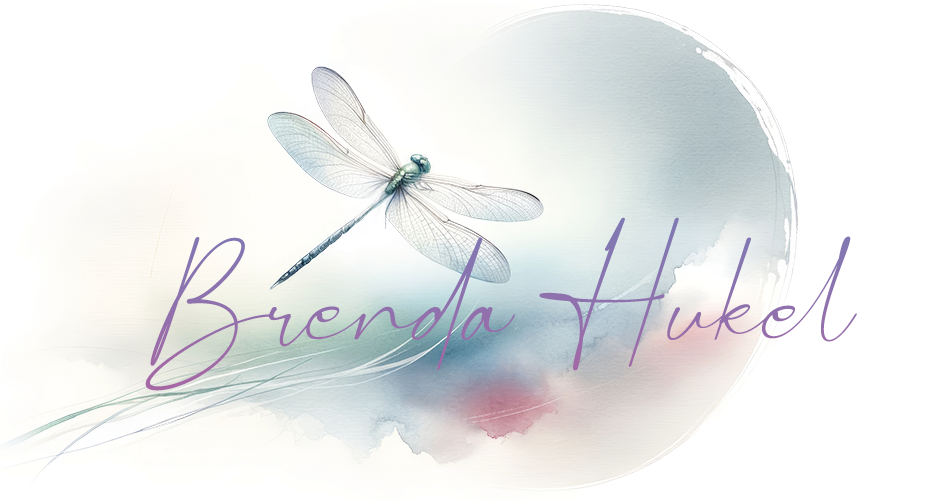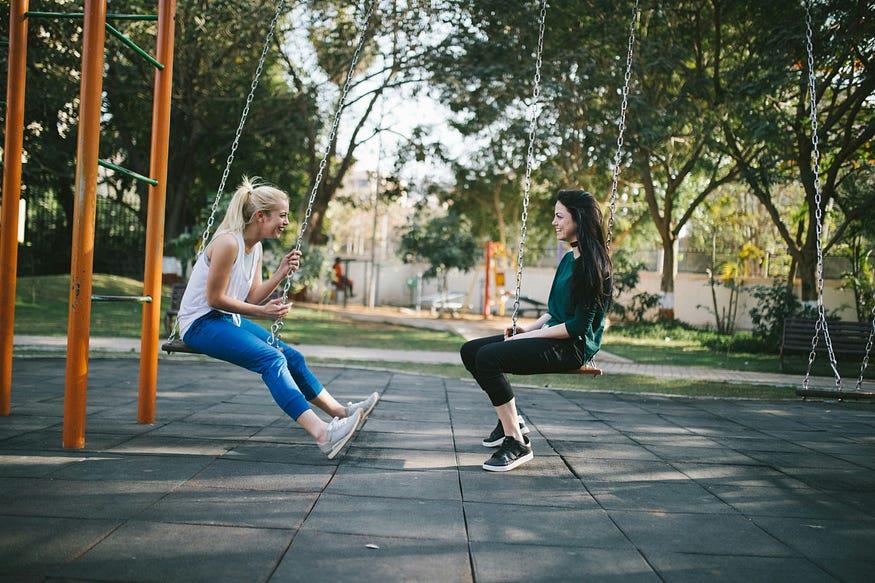The Dynamics of Relationships
I am always amazed and grateful for how the topics for my articles naturally emerge each week. This week, the focus was on the dynamics of friendships. When I spoke with my clients, family, and friends, a common theme emerged — they wondered why some friendships end, especially long-term ones.
They shared their sadness over the loss, guilt and uneasiness about knowing when to walk away, fear of rejection, and challenges of making new friends, particularly as adults or working in isolated professions.
As I listened to their stories, they shared beautiful memories, and, like everything, there is always complexity — confusion around the changes, the bittersweet nature of growing apart, and the struggle to understand why some friendships last while others fade away.
Throughout our discussions, I emphasized the spiritual principle that every relationship serves a purpose in our lives, even those that bring us the most pain.
This perspective helps us better understand and accept the changes in our relationships, recognizing that these connections are valuable for learning compassion, resilience, and self-awareness.
However, some relationships also bring challenges like pain, heartache, and disappointment.
Why? Because, these relationships test our boundaries, strengthen our endurance, build our integrity, and deepen our understanding of ourselves and others.
Everyone who enters our lives agrees to play a role in our soul development. Friends teach us love, gratitude, and joy. Those who betray us teach us self-worth, strength, and forgiveness.
How can we experience light without darkness? Love without forgiveness? Strength without betrayal?
These lessons, inherent in our soul contract, constitute the essence of duality.
Breaking Away
As we journey through life, our interests, tolerance levels, and perspectives naturally evolve, causing us to drift away from those who no longer resonate with how we’re changing.
This divergence isn’t a matter of judgment but a fundamental part of personal development. Everyone progresses along their unique path of self-discovery and evolution in their own divine time.
As we change, so do our values and relationship needs. Embracing these changes without resistance will attract the right people in our lives who will fulfill our needs and provide mutual support as we grow.
When we distance ourselves from relationships that no longer align with our values, we may encounter toxic behaviors such as fear, manipulation, negative comments, or attempts to impose guilt or control.
These behaviors serve as red flags, indicating that the friendship has become unhealthy or has fulfilled its purpose, signaling that both parties are now operating on different vibrational frequencies.
In such instances, expressing gratitude for the lessons learned and releasing the relationship with love and forgiveness becomes imperative.
When I recommend this perspective, it’s often met with resistance, confusion, or defensiveness, particularly from those who have endured pain and suffering.
Why should we forgive the friends who hurt us? Because…
Forgiveness isn’t about excusing the person who caused the pain; it’s about freeing ourselves from its energetic hold on us.
Holding onto resentment is like drinking poison and expecting our enemy to die.
By forgiving, we liberate ourselves from bitterness, anger, or spite and open the path to healing and inner peace. This allows the right people to enter our lives, which is why releasing them with love is so important.
If we continue to hold onto low-frequency, negative emotions, it only harms us and continues to attract more people into our lives who match that vibrational frequency.
Recognizing that these relationships were part of our soul contract and brought valuable lessons allows us to step away and welcome new experiences with grace and ease.
Indicators a Friendship Has Run Its Course
Determining whether a friendship has run its course requires introspection and honesty. Some key indicators to consider are:
- Change in Communication: If communication becomes infrequent or one-sided, it may signal your friendship is drifting apart. If there isn’t a mutual interest in maintaining the connection, acknowledge that you’ve provided each other with what was needed and remain open to new relationships. Ask yourself: Does your friendship still add the value, joy, and support you need?
- Differences in Shared Interests: Evaluate whether your interests, values, or life goals still align. If you struggle to engage in comfortable and open conversations, accept that you’ve both changed and are ready to embrace new experiences. Ask yourself: Do you still support each other’s emotional, spiritual, and personal needs?
- Awkward Interactions: Pay attention to how you feel when spending time with your friend. Feeling uncomfortable or out of place may indicate underlying issues or misaligned values and interests. If this is the case, that’s okay. Be grateful for your time together and wish them well as you each embark on new journeys. Ask yourself: Can you be your true, authentic self when you’re together, feeling safe to openly and honestly express your feelings?
- Emotional Drain: Notice how you feel emotionally after spending time with your friend. If you feel anxious, tired, stressed, or drained, these are signs your friendship may no longer be healthy. Healthy relationships should leave you feeling balanced, happy, and energized. Ask yourself: After interacting, do you feel emotionally or physically drained or energized?
- Recurring Misunderstandings: If your words are frequently taken out of context or your friend becomes defensive or argumentative, it may indicate a disconnect and strain in the relationship. Assess whether the friendship still brings joy, support, and value as it once did. If it doesn’t, know that you’ve come to the end of this relationship and walk away gracefully. Ask yourself: Do both of you contribute equal effort and care to the friendship?
Reflecting on these questions can help you decide whether it’s time to end your friendship gracefully.
Developing New Friendships
Friends naturally come and go as our interests and life circumstances change. Whether we connect with other parents during child-rearing, bond with co-workers in professional settings, or associate with other couples in married life, these shifts reflect the evolving nature of our social interactions and priorities.
Attracting new friends into our inner circle may initially bring hesitation, especially for those who cherish deeper connections over a wider circle, like introverts.
Common reasons for hesitation include busy schedules, negative past experiences, social anxiety, and reluctance to step out of one’s comfort zone.
However daunting it may feel to develop new friendships, it can also be very rewarding. It depends on our perspective and the energy we put toward it.
One of the most powerful ways to attract new friendships is by embracing your authenticity.
When you are true to yourself and your values, you naturally attract like-minded people who resonate with who you are and support your aspirations.
Instead of trying to fit into a certain mold or impress others, focus on being genuine and transparent in your interactions. This authenticity attracts genuine connections and lays the foundation for meaningful friendships.
As you transition into different phases of your life, be kind to yourself and remain open to new connections.
While you may feel nervous about stepping out of your comfort zone, remember that growth often occurs outside of your familiar surroundings.
Have the courage to attend social events, join clubs or groups related to your interests, or even reach out to acquaintances for coffee.
Putting yourself out there and remaining open to new experiences creates opportunities for new friendships to develop.
We’re all on a journey in this life, and developing new friendships is an integral part of that journey.
By embracing your authenticity, remaining open to new connections, and staying aware and accepting, you will invite more fulfilling relationships into your life.
Recognize that not every connection will evolve into a deep friendship, and that’s okay. Each interaction serves a purpose and an opportunity for personal growth.



0 Comments